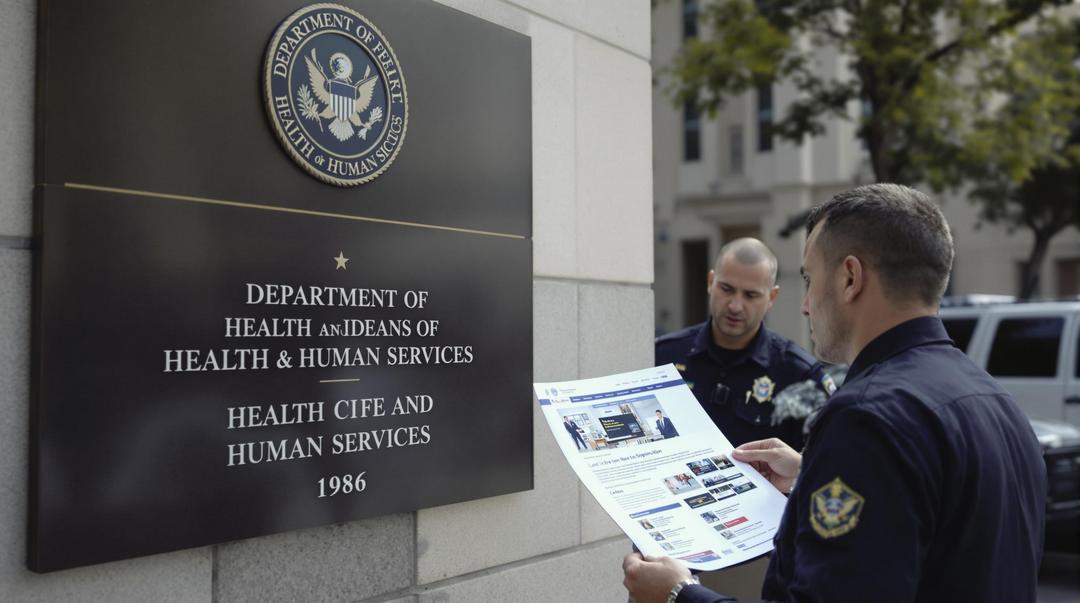The identity of whoever pulled off this digital stunt remains hidden. The motivation is equally unclear, unless the goal was only to flood the site with irrelevant, computer generated nonsense.
Similar security breaches have happened before, with official domains briefly transformed into platforms for scam advertising or more sinister hacking ploys. This latest case fits the pattern, but the sheer strangeness of the AI spam — with apparently randomized topics — has experts scratching their heads.
Wider Pattern of Website Hijacking Emerges
This strange occurrence is just one piece of a greater puzzle. The same type of spam appeared on domains belonging to major institutions, including NPR, Nvidia, and Stanford University. In every case, users were being shuffled away to unrelated spam pages with meaningless content.
Reports from cybersecurity journalists point to a coordinated campaign that targets domains with established reputations. Once inside, the hackers fill them with algorithm driven posts designed purely to get attention online and manipulate search results.
Attempts to reach officials for comment were met with silence. As the situation drags on, the hijacked pages continue to linger uncensored for the public to see.
At this time, it remains unknown how long it will take for the affected organizations to regain control. The larger risk, some experts warn, is the erosion of public trust in essential online resources that people use for vital information.








